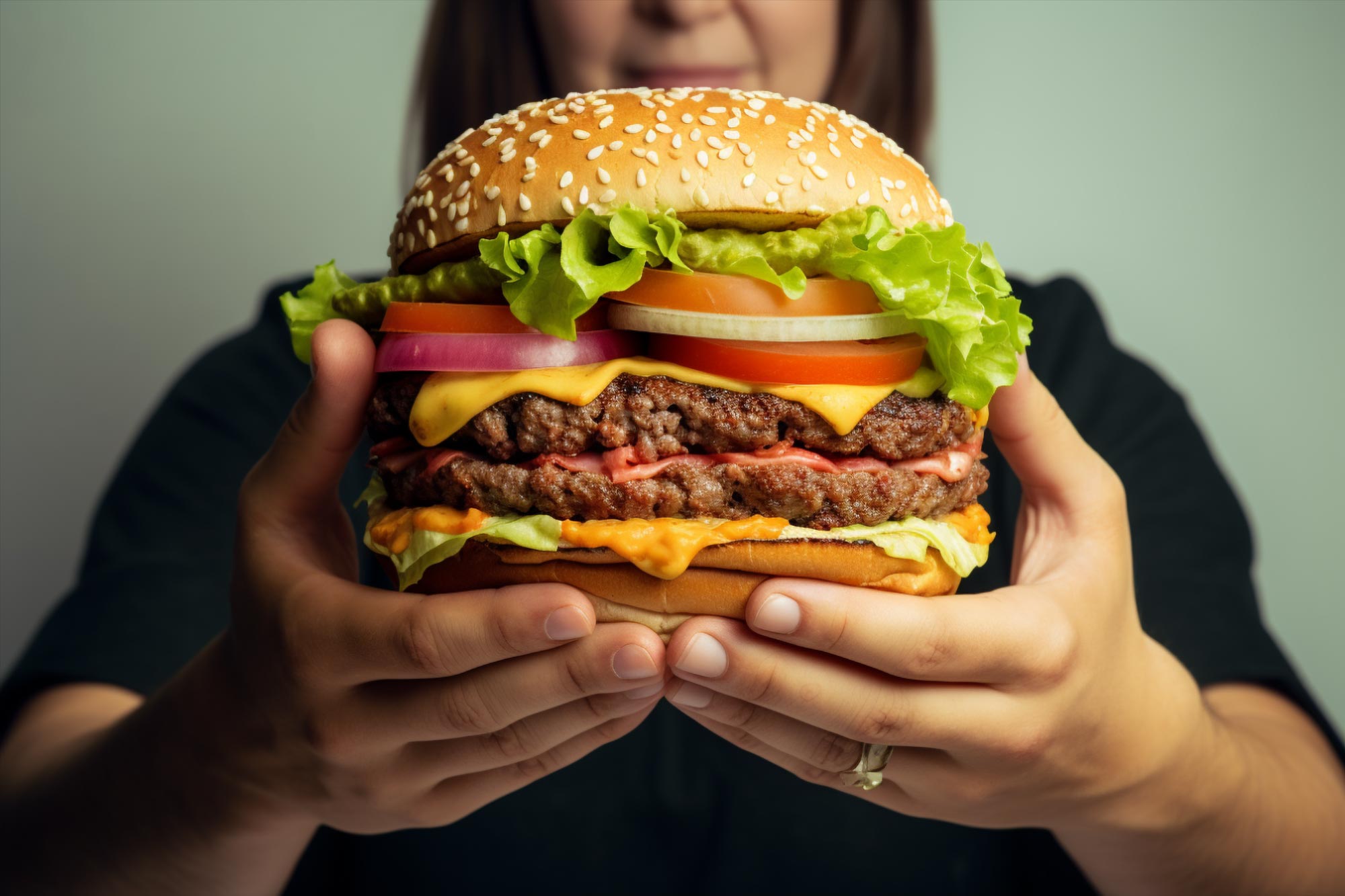An American Medical Association study found that psilocybin was associated with a “significant” reduction in symptoms of major depression after a single dose

A new study published by the American Medical Association (AMA) found that people with major depression experienced a “clinically significant sustained reduction” in their symptoms after just one dose of psilocybin.
A team of 18 researchers from institutions including Yale University, Johns Hopkins University, NYU Langone Center for Psychedelic Medicine, and the San Francisco Veterans Affairs Medical Center investigated the relationship, conducting a randomized clinical trial that included 104 adults with major depressive disorder. (MDD).
For the study, published in the Journal of the American Medical Association (JAMA) on Thursday, people with major depressive disorder were given 25 mg of synthetic psilocybin at 11 different clinics across the United States and monitored for changes in symptoms over six weeks.
Within eight days, patients who received psychedelic-assisted therapy, which was also accompanied by psychotherapy sessions, reported a reduction in depressive symptoms that “continued throughout the 6-week follow-up period, without attenuation of effect.”
“Psilocybin administered with psychological support was associated with a rapid and sustained antidepressant effect, measured as a change in depressive symptom scores, compared to active placebo.”
One of the scales the researchers used was what is known as the Montgomery-Asberg Depression Rating Scale (MADRS), which measures the severity of depressive symptoms on a scale from 0 (the lowest level of depression) to 60 (the highest level of depression).
Before treatment, participants’ average scores were about 35. The group that received psilocybin saw a significant reduction in their symptoms by day eight, and eventually saw their scores drop by an average of 19 points by the end of the trial. In contrast, the placebo group’s average score decreased by only about seven points.
In this study, a dose of 25 mg of #psilocybin It was well tolerated and may show promise as a treatment for major depressive disorder when combined with psychological support. https://t.co/VBHc43RjH3 pic.twitter.com/VORicUxV7U
– Gama (@JAMA_current) August 31, 2023
“Psilocybin also improved psychosocial functioning compared to placebo,” the researchers said. is found. “Psilocybin treatment was associated with improvement in various exploratory endpoints, including reductions in overall illness severity, self-reported anxiety and depressive symptoms, and improved quality of life.”
“Psilocybin treatment did not show the type of emotional deterioration that has been reported with standard antidepressant medications,” he says, meaning the psychedelic treatment did not create feelings of numbness or apathy. Furthermore, the anesthetic treatment did not result in any “serious adverse events.”
“No serious adverse events resulting from the treatment occurred.”
“These findings add to the evidence that psilocybin – when taken in combination with psychological support – may show promise as a novel intervention in the treatment of MDD,” said the study authors.
This is just one of the latest examples of research finding potential therapeutic applications for the drug as lawmakers and advocates across the country work to enact reform.
For example, a first-of-its-kind analysis released in June provided new insights into the mechanisms by which narcotic-assisted treatment appears to help people with alcohol dependence.
Another study published earlier this month found that taking a small dose of MDMA with psilocybin or LSD seemed to reduce feelings of discomfort such as guilt and fear that are sometimes side effects of consuming so-called magic mushrooms or LSD alone.
At the federal level, the National Institute on Drug Abuse (NIDA) recently began soliciting proposals for a series of research initiatives aimed at exploring how the drug can be used to treat drug addiction, with plans to provide $1.5 million in funding for related studies.
Lawmakers from both the Republican and Democratic parties are asking for credit for recommending a marijuana rescheduling to the Biden administration





